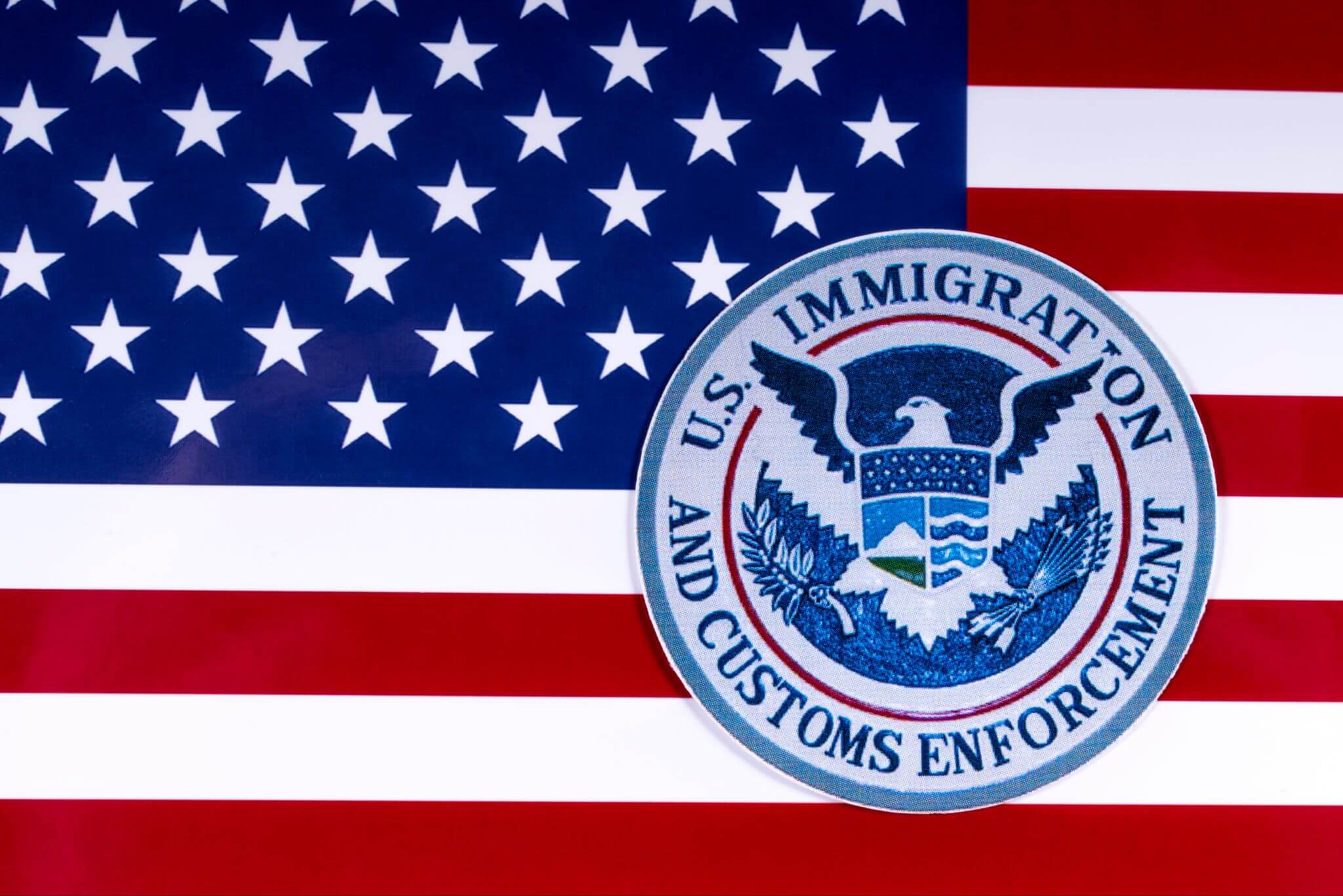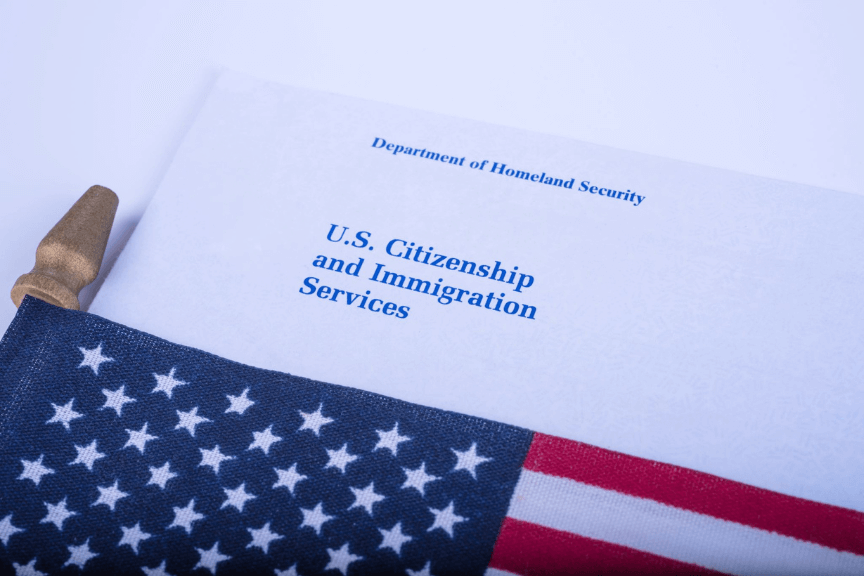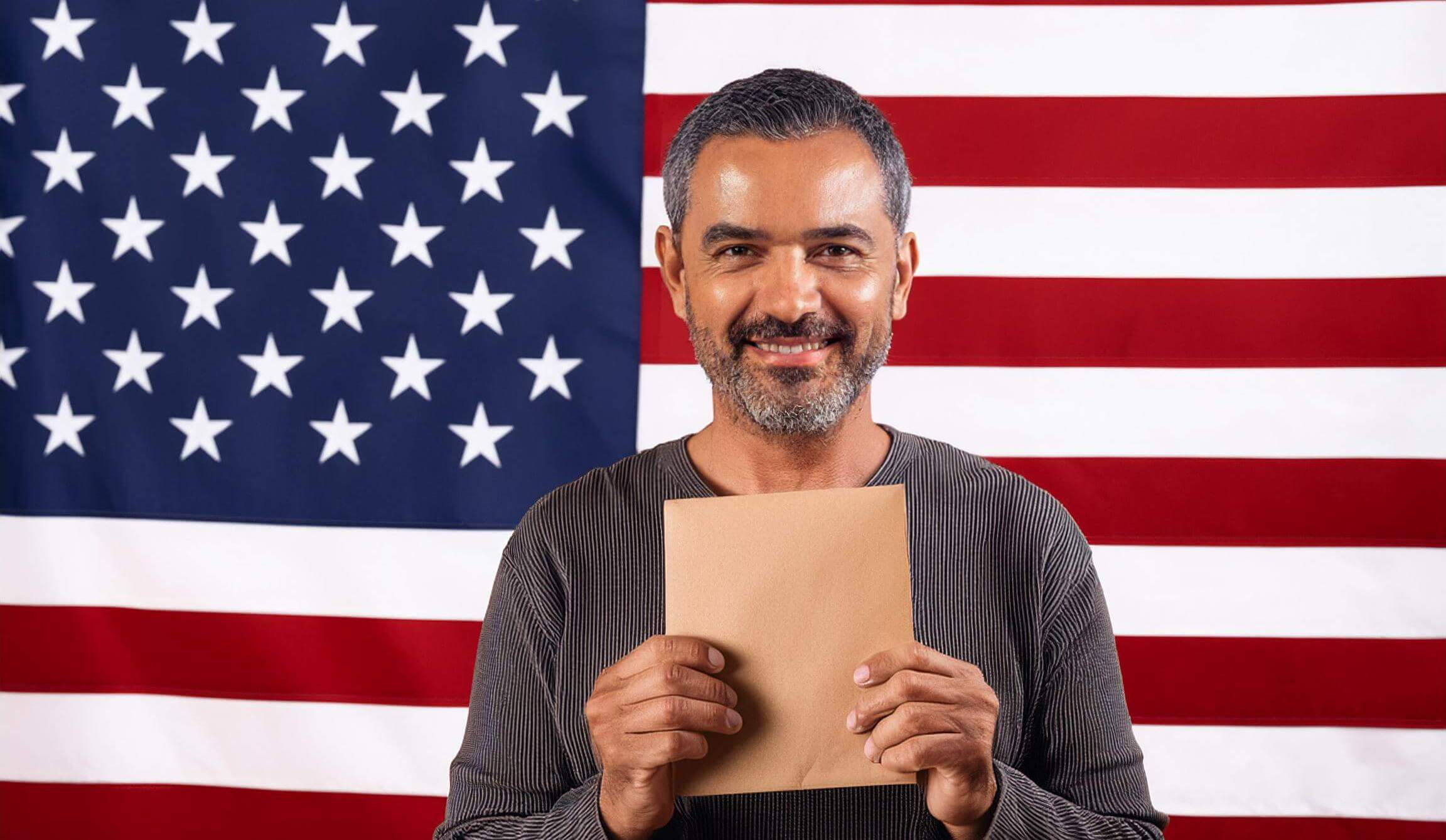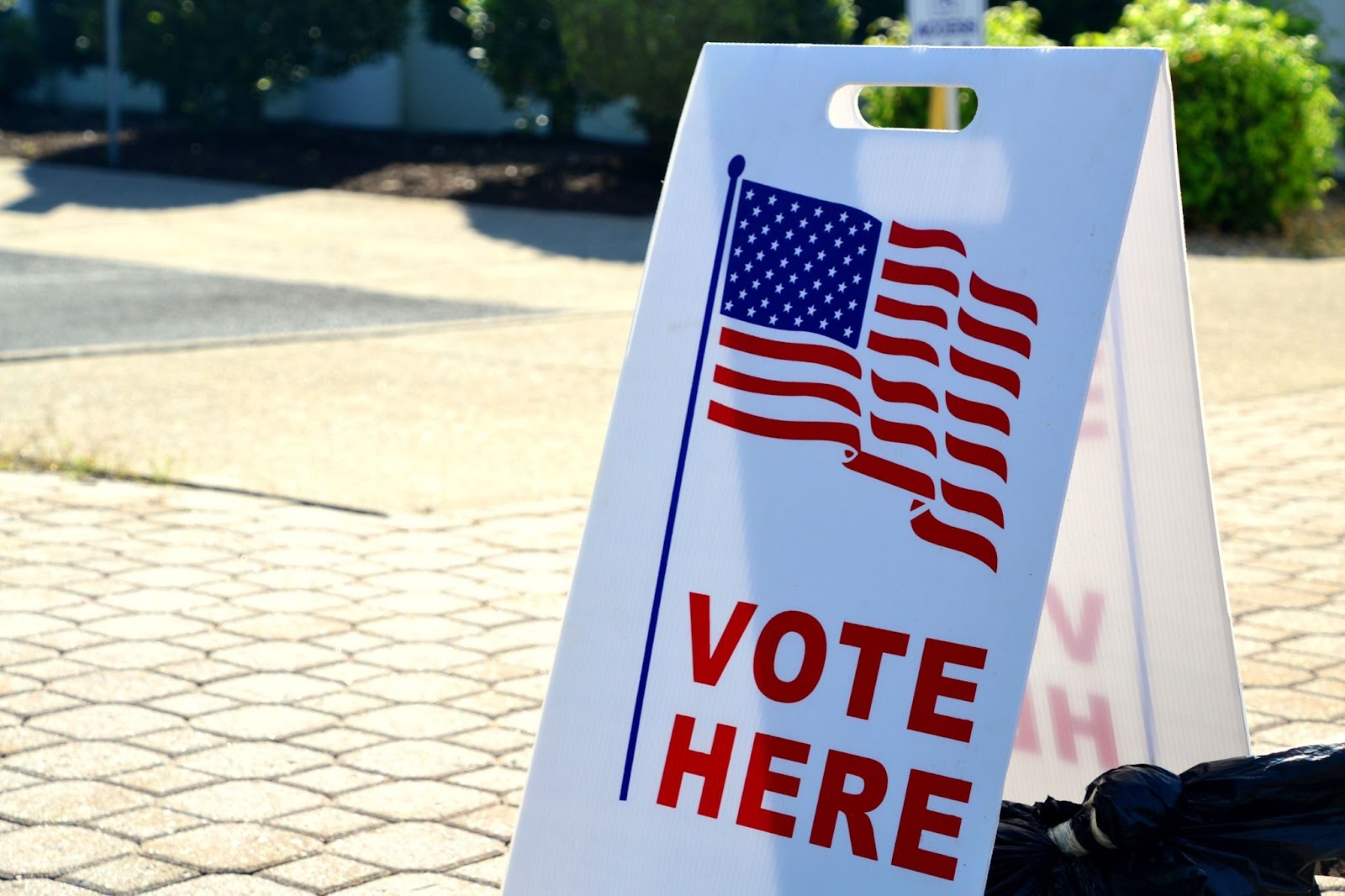Blog
Related Articles

Immigration
ICE Operations: Everything You Need to Know to Protect Yourself
Hello everyone, this is Attorney María Mendoza. I want to talk to you about the Immigration a...
 María Mendoza
María Mendoza
Published: January 28, 2025

Immigration
USCIS Issues Memorandum on Notice to Appear (NTA)
My people, this is attorney María Mendoza writing to you. My commitment is to help you unders...
 María Mendoza
María Mendoza
Published: March 7, 2025

Immigration
Is There a New Immigration Law for Permanent Residency in 2024?
Hola, mi gente, it's attorney María Mendoza with you again. In this blog, I will discuss whet...
 María Mendoza
María Mendoza
Published: July 30, 2024

Immigration
What implications do elections have for immigrants?
It's a good practice to stay informed about the political environment of the place where is intended...
 María Mendoza
María Mendoza
Published: February 21, 2024

Immigration
How can a DUI affect your immigration process?
Hello my friends, this is attorney Maria Mendoza, in the immigration field, having a D...
 María Mendoza
María Mendoza
Published: December 18, 2024